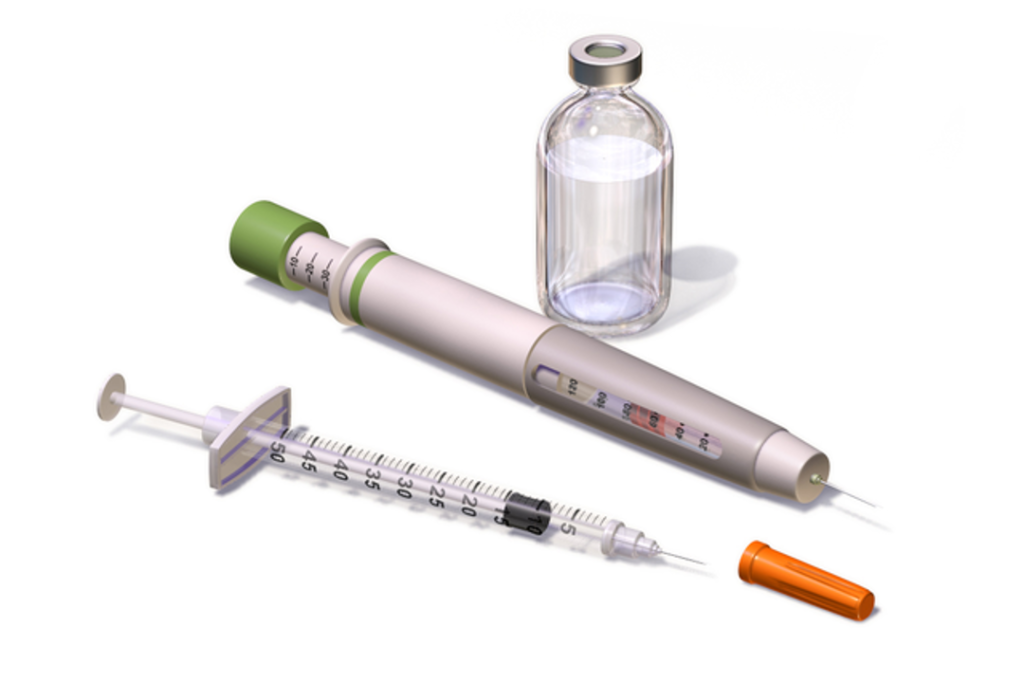
Contents
What is Insulin Resistance?
Insulin resistance is a condition in which multiple tissues in the human body become resistant to the effects of insulin.Symptoms
When the cells of the body become very weak to gain optimum glucose level, it results in some symptoms likeCauses
The main cause of insulin resistance is due to overeating and increased body fat, especially in the belly area. Other factors include high sugar intake, inactivity, poor sleep and genetics.It may cause a variety of diseases, including heart disease, non-alcoholic fatty liver disease, polycystic ovarian syndrome, Alzheimer’s disease and cancer.
Effects
Due to insulin resistance, the pancreas is forced to secrete insulin, resulting in a condition known as hyperinsulinemia. Hyperinsulinemia is a dangerous condition for many tissues due to elevated insulin concentrations in the blood that act as potent signals for cell growth. More insulin means more cell growth which often results in increased fat, cell replication rates and a significant increase in the risk of cancer. Your blood sugar silently begin to rise years after insulin resistance and you may develop prediabetes or type 2 diabetes.Prevention
The following lifestyle changes and preventive measures can help to avoid insulin resistance are- Diet: Eating omega-3 fatty acids in many cases can reduce insulin resistance. They can also lower blood triglycerides, which are often high in insulin resistant people by reducing intake of unprocessed and highly processed prepared foods.
- Vegetables & fruits: Vegetables are low in calories and high in fiber, making them a simple food for people trying to manage their blood sugar. Fruits that are higher in fiber, such as apples, berries, bananas, grapes, plums, and peaches can also help in reducing insulin resistance.
- Exercise: Regular exercise can help prevent diabetes by lowering your blood sugar, exercising on a regular basis will lower insulin resistance, and thus improve your health.
- Reduce sugar intake: Try to reduce your intake of added sugars, especially from sugar-sweetened beverages and fake carbohydrates(eg: Artificial sweeteners, bread products, and pasta) to manage insulin resistance.
- Proper Sleep: Having sufficient amount of sleep improves health and reduces insulin resistance.
- Quit smoking: Smoking acutely impairs insulin action and leads to insulin resistance. Thus, smoking can become one of the causes of the insulin resistance.